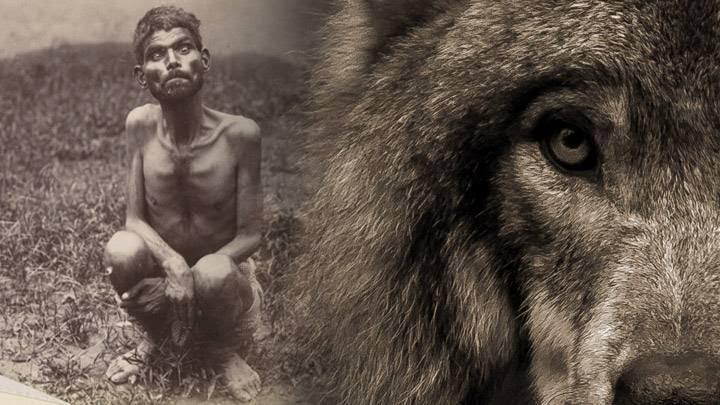Dina Sanichar was a 19th-century Indian boy who was found by hunters in the jungle, walking on all fours with a pack of wolves. He was taken to an orphanage where missionaries attempted to teach him how to behave like a human being. However, due to his feral upbringing, he was unable to fully adjust to human society and never learned how to speak. He spent the majority of his life in the company of other people but never fully integrated into society before dying at the age of 35 due to tuberculosis.

Discovery And Early Life
In 1872, a group of hunters in the northern Indian jungle of Uttar Pradesh captured a pack of wolves and a small child who was walking on all fours. The child, later named Dina Sanichar, was taken to a mission-run orphanage where he was baptized and given his name. He exhibited many feral qualities such as only eating meat, sharpening his teeth on bones, and making animal noises instead of speaking.

Attempts At Integration
Dina Sanichar’s caretakers attempted to teach him how to behave like a human being. He was taught to walk upright, dress himself, and eat with utensils but he struggled with these tasks. He did, however, form a bond with another feral child who had been brought to the orphanage. The two boys had a strange bond of sympathy and the elder one taught the younger to drink out of a cup.

Similar Cases
Dina Sanichar’s story is not unique. Feral children have been found in India and around the world. These children were often raised by animals and exhibited feral qualities such as a lack of language, animal-like behavior, and a lack of attachment to human beings. Many of these children were unable to fully integrate into human society and struggled with basic tasks such as dressing themselves and using utensils.

The Importance Of Language
One of the most significant challenges for feral children is the lack of language development. Dina Sanichar never learned to speak and instead made animal noises. Feral children offer researchers a unique opportunity to study language development and the critical period for learning language. Later research would confirm that if this critical period is missed, language acquisition is much more difficult.
In conclusion, Dina Sanichar’s story is both fascinating and tragic. It highlights the importance of human connection, language, and socialization in our development as human beings. Feral children offer a unique opportunity to study human development and the impact of socialization on our lives.

